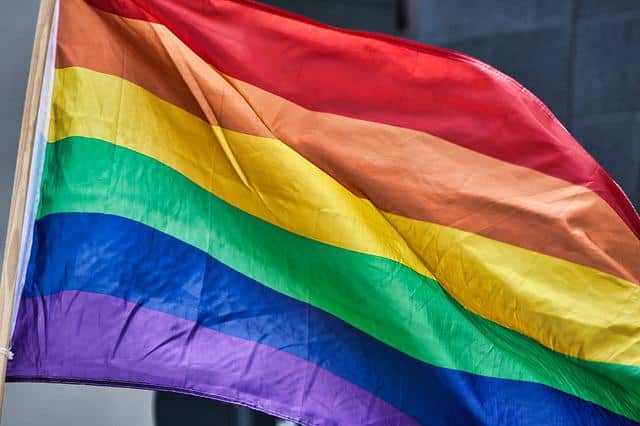
Discrimination means excluding or treating someone unequally.
In order to know the meaning of the term discrimination, it is necessary, first of all, to discover its etymological origin. In this case, we can establish that it is a word that derives from Latin, exactly from "discriminatio", which derives from the verb "discriminare", which can be translated as "distinguish".
Discrimination is the act and result of discriminating . This verb (discriminate), for its part, refers to treating people unequally or excluding them for gender, religious, political, racial or other reasons.
For example: "A young Muslim was a victim of discrimination in a bar" , "The government will promote a new campaign against discrimination" , "It is outrageous that, in the 21st century, women continue to be victims of workplace discrimination" .
Origins and consequences of discrimination
Someone discriminates when they do or fail to do something , generating inequality or injustice in access to an opportunity or a resource . Discrimination, therefore, means that an individual, a group or an institution is harmed by the decision of a third party.
For discrimination to occur, there has to be a sense of belonging which, in turn, causes prejudice . Whoever discriminates does not recognize the discriminated against as part of their group and intends that the other does not integrate, distance themselves and/or suffer negative consequences for belonging to another community, which is considered inferior or harmful.

People who are not heterosexual are often victims of discrimination.
Some examples
Suppose a nightclub prohibits dark-skinned people from entering. This act of discrimination aims to "protect" white individuals from contact with subjects who are considered inferior in terms of their social status, economic position, cultural level, etc. This is, of course, an arbitrary, unfair, irrational and even illegal measure.
Discrimination can occur due to age (when those over 40 years of age are not allowed to access a job, to cite one case), gender (a woman who, for the same job, receives less money than a man), orientation sexual (if a homosexual couple is expelled from a restaurant), and ethnic origin (teasing a gypsy child for his way of speaking).
Other types of discrimination
However, other types of discrimination can occur and be identified, among which we can highlight the following:
-Religious discrimination which, as its name indicates, is that which occurs due to the religious ideas or beliefs that a person has. Thus, for example, one of the most relevant events produced by this issue occurred in Nazi Germany where millions of Jews were locked up in a concentration camp, subjected to all types of torture and were even murdered for their faith.
-Discrimination due to disability, which is what occurs when a person with a disability is rejected either in society in general or in a job because of the physical or mental limitation they present. An example is that an individual is rejected for employment in a restaurant because, for example, he or she has Down Syndrome.
a benefit
Finally, we speak of positive discrimination when a benefit or special protection is granted to a social group that is usually a victim of discrimination.
Currently, positive discrimination is used, above all, to achieve real equality between men and women in all areas of our society. In this case, it is considered that it allows us to achieve everything from real equity to improvements in the living conditions of women, and because it is useful for equalizing roles.
